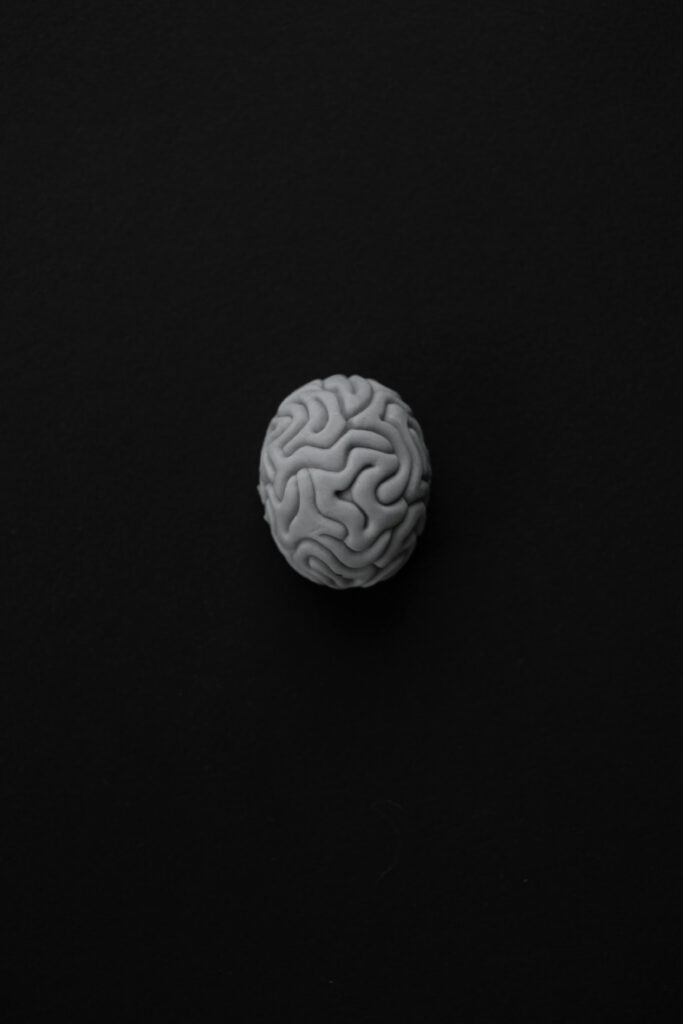Obsessive-Compulsive Disorder (OCD) is one of the most misunderstood mental health conditions. Often portrayed in media as quirky or simply an obsession with cleanliness, OCD is far more complex and challenging than these stereotypes suggest. This post delves into the basics of OCD, shedding light on what it truly entails, how it manifests, and the options available for treatment and support.
What is OCD?
OCD is a chronic mental health disorder characterized by obsessions and compulsions. These obsessions are unwanted, intrusive thoughts, images, or urges that cause intense anxiety. Compulsions are the behaviors or mental acts performed to relieve the distress caused by these obsessions. While OCD affects people differently, it’s generally marked by cycles of intrusive thoughts and repetitive behaviors that can interfere with daily life.
Key Characteristics of OCD:
- Obsessions: Persistent, uncontrollable thoughts or fears (e.g., fear of contamination, harm, or losing control).
- Compulsions: Repetitive behaviors or mental rituals performed to reduce anxiety (e.g., excessive handwashing, checking locks repeatedly, counting, or mentally reviewing actions).
Common Myths About OCD
Before we go deeper, let’s debunk some common misconceptions:
- Myth 1: OCD is just about being neat or organized.
Fact: OCD involves intrusive thoughts and compulsive behaviors that are distressing and often unrelated to cleanliness or organization. - Myth 2: People with OCD can just “snap out of it.”
Fact: OCD is a disorder rooted in neurobiology and requires treatment; willpower alone isn’t sufficient to overcome it. - Myth 3: OCD is rare.
Fact: OCD affects about 2-3% of the population, meaning millions of people worldwide experience it.
What Does OCD Look Like?
OCD symptoms can vary widely. Some common types of obsessions and compulsions include:
- Contamination OCD: Fear of germs, dirt, or illness, leading to excessive washing and cleaning.
- Checking OCD: Repeatedly checking doors, locks, or appliances to prevent harm.
- Intrusive Thoughts: Disturbing or violent thoughts that can cause guilt or shame.
- Symmetry and Order OCD: An obsession with arranging or counting items to feel “right.”
It’s important to note that while many people experience minor compulsions or obsessive thoughts, someone with OCD spends excessive time (often hours per day) preoccupied with these thoughts and actions. The cycle becomes debilitating, interfering with everyday life and relationships.
Causes of OCD
The exact cause of OCD isn’t fully understood, but research points to a combination of factors:
- Genetics: OCD tends to run in families, suggesting a genetic component.
- Brain Structure: Differences in brain structure and functioning, particularly in areas like the basal ganglia and orbitofrontal cortex, are often linked to OCD.
- Environment: Stressful or traumatic experiences may trigger OCD in those predisposed to the disorder.
Diagnosis and Treatment of OCD
Getting an OCD diagnosis typically involves a thorough psychological evaluation by a qualified mental health professional. The main criteria for diagnosis, according to the DSM-5, include experiencing significant distress due to obsessions and/or compulsions that take up considerable time and impair daily functioning.
Treatment Options for OCD:
- Cognitive Behavioral Therapy (CBT): The most effective treatment for OCD, particularly a type of CBT called Exposure and Response Prevention (ERP). ERP involves gradual exposure to fears without performing the compulsive behavior, helping the person to manage their anxiety.
- Medication: Selective Serotonin Reuptake Inhibitors (SSRIs) are commonly prescribed for OCD and have been shown to reduce symptoms for many individuals.
- Support Groups and Community: Connecting with others who have OCD can provide a sense of community, validation, and practical coping tips.
- Mindfulness and Stress Management: While not a cure, techniques like mindfulness meditation can help reduce overall stress and improve focus, which can be beneficial in managing OCD symptoms.
Living with OCD
Living with OCD is challenging, but treatment can make a significant difference. The road to managing OCD involves a combination of professional treatment, self-awareness, and often a strong support system of friends and family. Patience is key, as progress can be gradual. With proper care, individuals with OCD can lead fulfilling and balanced lives.
Support and Resources
If you or someone you know may have OCD, seeking help from a mental health professional is an essential first step. Many organizations, like the International OCD Foundation (IOCDF), offer resources, support groups, and educational materials.
Final Thoughts
Understanding OCD beyond the stereotypes is crucial for empathy and awareness. It’s a complex condition that affects millions of people and deserves a compassionate, informed approach. By increasing awareness and supporting those who experience OCD, we can foster a society where mental health is prioritized, and stigmas are left behind.
Learning about OCD’s true nature can help break down barriers, paving the way for understanding and support for those living with this disorder.
